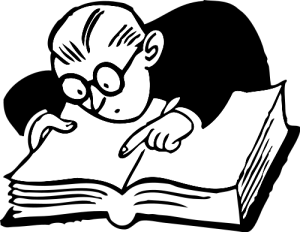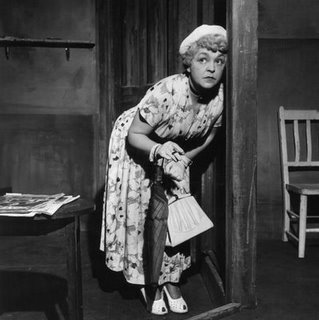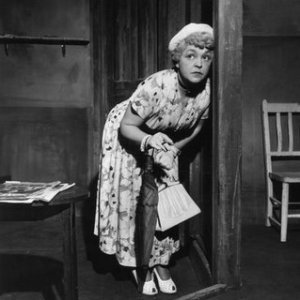 I know a few people who have written a novel, and content with checking the task off their bucket lists, never started or completed a second one. To them, the one completed work represented many things. An itch to be scratched, a whim, a challenge, a story that needed to be told. My cousin, a musician, felt compelled to write a novel about his band. It was a pretty good novel, and he loved writing it. But having told it, he moved on.
I know a few people who have written a novel, and content with checking the task off their bucket lists, never started or completed a second one. To them, the one completed work represented many things. An itch to be scratched, a whim, a challenge, a story that needed to be told. My cousin, a musician, felt compelled to write a novel about his band. It was a pretty good novel, and he loved writing it. But having told it, he moved on.
Frankly, I don’t understand how a writer can stop at just one novel, but I also don’t understand why some people like black licorice or sheep brains or boxing, either. Or why my husband can open a box of Oreos, eat one cookie and put the rest away. The world is a strange and fascinating place. Continue reading “Climbing the Second Novel Summit”





